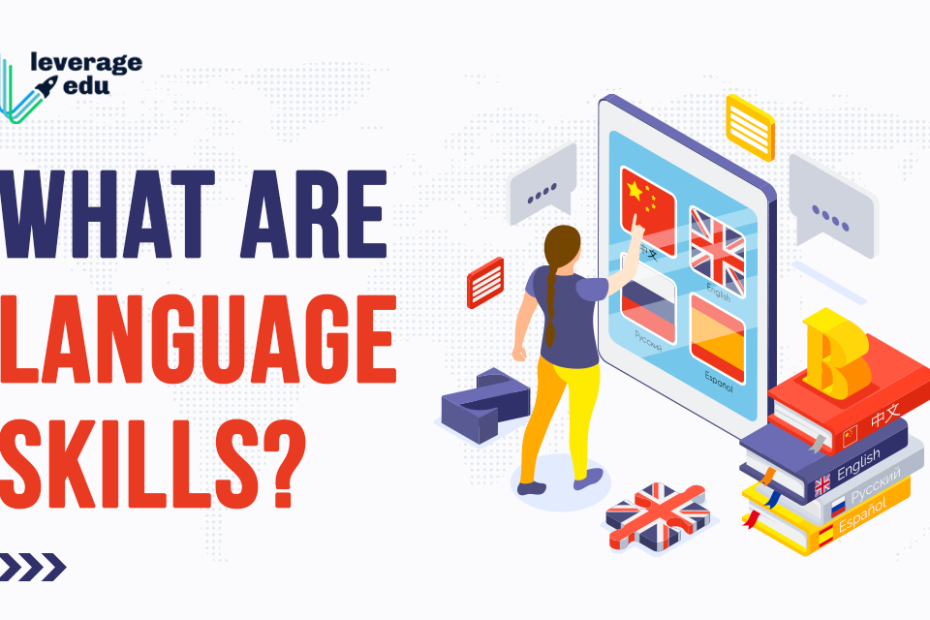A person who knows many foreign languages is called a “polyglot.” This term typically refers to someone who can speak, understand, read, and write in several languages with a high degree of proficiency. Polyglots often have a deep interest in languages and cultures, and they may acquire languages through formal study, immersion, or self-directed learning.
The Fascinating World of Polyglots: Masters of Many Languages
In an increasingly interconnected world, the ability to communicate across language barriers is a valuable and often admired skill. Enter the polyglot: an individual who knows and can use multiple foreign languages with proficiency. Whether driven by curiosity, necessity, or a passion for cultures, polyglots possess a unique ability that sets them apart. Let’s dive into the fascinating world of polyglots and explore what makes them tick.
What is a Polyglot?
A polyglot is someone who can speak, understand, read, and write in several languages. Unlike bilinguals, who are fluent in two languages, polyglots often master three or more languages. This remarkable linguistic capability can stem from various sources, including formal education, travel, cultural immersion, or self-study.
The Journey to Multilingual Mastery
Each polyglot’s journey is unique, but there are common paths that many follow:
- Early Exposure: Some polyglots grow up in multilingual environments, where speaking multiple languages is a part of daily life. For example, children in multicultural families or those living in linguistically diverse regions often pick up several languages naturally.
- Formal Education: Others acquire languages through formal education. Schools and universities offer structured language programs that provide a strong grammatical foundation and cultural insights.
- Self-Directed Learning: Many polyglots are self-taught, utilizing resources like books, online courses, language apps, and practice with native speakers. This approach allows for a personalized pace and focus on specific areas of interest.
- Cultural Immersion: Immersing oneself in a culture where the target language is spoken is one of the most effective ways to learn. Polyglots often travel or live abroad to experience languages in their natural context, enhancing their fluency and cultural understanding
